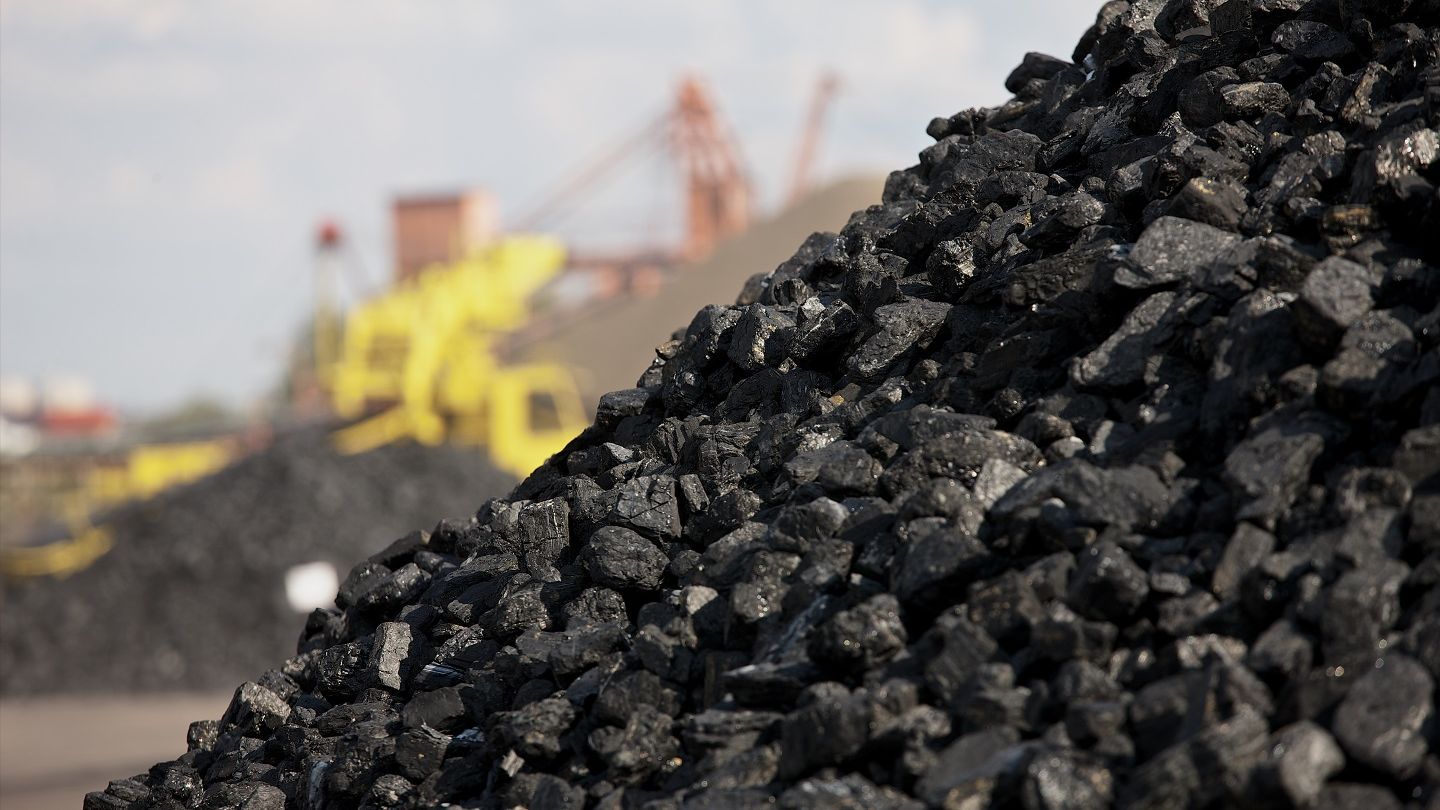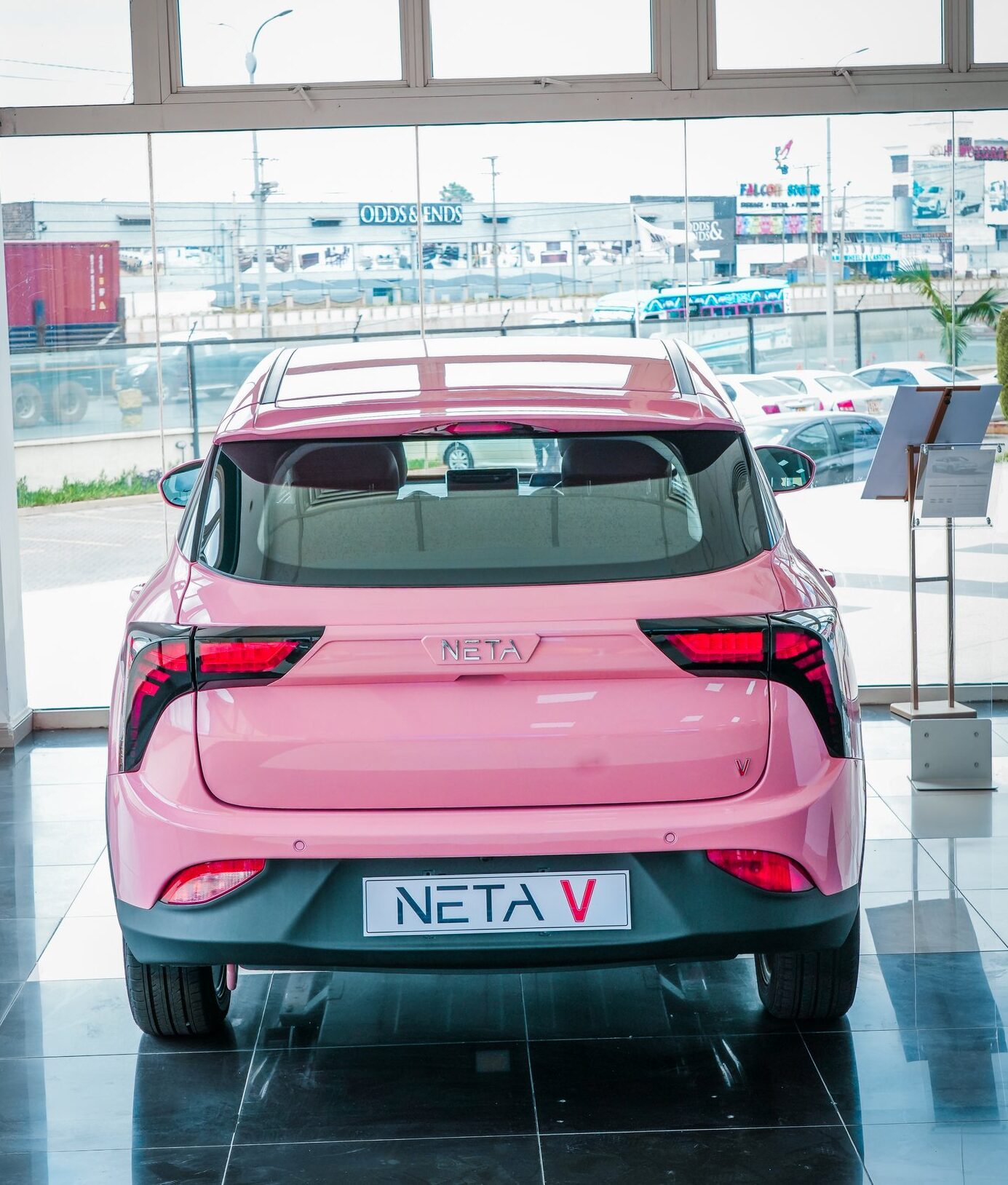Scania’s company-owned network of sales and service branches will expand in 2024/5 with the opening of a brand-new purpose-built facility at Hope Valley, WA. The facility will comprise a new parts warehouse to distribute throughout the state (opening in 2024) and a sales and service workshop, due to commence trading in 2025. The selection of Hope Valley reflects the rapid growth of Perth’s southern corridor and positions Scania close to major arterial roads for ease of customer access.
The workshop and parts warehouse will be based on a spacious and prominent 19,000 m2 block in new industrial precinct, it says well located to service the expanding transport task associated with WA’s buoyant economy. The multi-purpose facility will boast a standalone 3,500 m2 central parts warehouse to service the WA market, while the workshop will be able to accommodate multi-combination vehicle sets over an ultra-long maintenance pit, removing the need to decouple in order to carry out servicing and, potentially, repairs. Large crossovers and hardstands will provide ease of access for vehicles up to 36.5 m long.
Also included in the facility design is a purpose-built office environment with dedicated customer areas and impressive space and amenities for the on-site Scania team. Additionally, and importantly, Hope Valley will be Scania Australia’s first true EV-ready facility, with infrastructure in place to handle today’s BEV charging needs and future capacity for high volume vehicle charging.
The design of the facility has been undertaken with a focus on sustainability, with particular attention paid to how the site will handle waste and make use of solar power across both the warehouse and workshop facilities.
“Scania in WA has been growing quickly over the past decade and we have attracted more customers both for on-road vehicles running intra-state as well as across to the eastern states, and also within the State’s burgeoning mining industry,” says Scania Dealer Director for WA, SA and NT, Michael Berti. “These growing segments have required an expansion of services as well as a good deal of innovation from Scania Australia to meet the needs of its customers in a proactive way. Over the past decade we have devised onsite or fly-in service teams to ensure our more remote customers enjoy unrivalled uptime from their Scania service vehicles as well as heavy haul trucks and staff transfer buses,” he says.
“Our business development trajectory requires us to ramp up our capacity to service our growing fleet of customer vehicles as well as to prepare for the transition to battery electric and alternative fuel vehicles, which will undoubtedly arrive sooner than people think,” Berti says.
“We opened a new dedicated parts distribution warehouse in Welshpool only around two years ago, but such has been the growth of the Scania business in Western Australia, this facility has already surpassed all expectations, and this in part prompted us to further expand our parts capacity at the new Hope Valley site, by doubling our available warehousing space to handle today’s needs and support future developments in both ICE and BEV product ranges,” he says.
According to Scania Australia Managing Director, Manfred Streit, the new addition to the Scania network of company-owned workshops and parts warehouses is a logical step in order to maintain high levels of customer uptime and to further encourage the uptake of repair and maintenance contracts, assisted by Scania’s ever-growing array of vehicle productivity and efficiency programmes.
“Scania has been a leader in connected services, which allows us to monitor very accurately how vehicles are performing and provide timely scheduled servicing which prevents unplanned downtime. By increasing the capacity for regular maintenance in our own workshops, our customers will have access to the most advanced in-service vehicle management available. We know mining customers demand and depend on predictable uptime. This is underscored by the huge cost of unplanned downtime. We have configured our service scheduling and parts supplies to take account of this,” Streit says.
“For on-road customers the uptime issue is no less important, and given WA’s geographic position, establishing a larger parts warehouse and additional service capacity south of Perth is a logical development for Scania to underpin business growth and continued customer success using our products,” Manfred says.
In mining operations, in 2022, Rio Tinto established a long-term research and development agreement with Scania where the Channar iron ore mine, in the Pilbara, Western Australia, would become the first active partner site for Scania’s autonomous mining solutions. Rio Tinto is trialling the use of smaller, 40 t payload autonomous vehicles to test the performance of the battery truck in operations. Importantly, the trial considers the trucks’ suitability for high temperature environments, and includes testing of the performance and charging rates and electrical isolation methods for the safe operation of these vehicles.




